One of the simple principles behind life is Thought. I capitalize it here to distinguish the principle from our habitual thoughts or individual thoughts that arise and fall away.
Thought is a word used to describe the creative force of the Universe that we as human beings have access to.
Thinking is one type of use of the energy of Thought. Another is unconscious spinal cord filtering functions to streamline information processing in the body. I consider the brain to be part of the body. The bodymind or mindbody is often spoken about. It's all one thing. It's all our bodies.
Another use of Thought is to dream and imagine. Yet another to ruminate about the past or worry about the future. Following an inspired idea to bring it to life is also Thought.
Some uses of the energy of Thought feel nice, some great, and other uses feel terrible. That feeling is a literal body signal for "you are going the wrong way". When the use of Thought feels tense, anxious, or scary, it's not telling us anything about the world in front of us. It's telling us about the quality of our use of Thought. Our bodies work much better when we feel good. Like the "I have to go pee" signal. Negative feelings are a body signal for "slow down a minute". Take a breath. Slow your roll as my kids would say.
We are designed to operate with less overall use of Thought than we realize. We have a habit as a culture of overthinking or even glorifying thinking.
You can think of body tension like rumble strips on the side of the road inviting you back to the middle of the lane. Or like my husband's newer car, the car will steer you back into the lane if you let it. You can fight the car if needed. Or allow the indicator to do its job when you've drifted out of the lane. We can fight the signal or let our system work as designed.
We only think that the cure for too much thinking is even more thinking.
I became fascinated by the question "How much thinking or use of Thought do we actually need?"
I found in quiet moments in nature (especially at Lac du Castor Blanc near Gracefield QC), I would naturally slow down. As I slowed down, so did my speed of thought. It slowed down so much; I had trouble doing things e.g., driving a car. I found that I needed a little bit more thought so I sped up a small amount.
To me, this felt like in chemistry class, when we would titrate for an amount of a substance. For example, in antibody testing they will titrate to see at what point of adding in a reagent substance does a reaction occur. It's at this point that you can then measure the amount of antibodies present in the sample.
My experience with adding in and then removing Thought was like this. Not enough and functioning isn't smooth and too much is unsustainable and doesn't feel good. We start running like a hot engine. Too long in this way creates burnout and shutdown.
When I had a series of bad concussions in 2016 and 2017, my brain and upper spinal cord got highly inflamed for a while. The brain shuts down functions to heal and wait until the inflammation passes. Like a swollen knee, you just can't use it. At that time, I would have rotating brain functions cut out sometimes unexpectedly. My ability to integrate sensory information would turn off. I would say things like "I can't get the sandwich off the counter because the fridge is on the ceiling and there's no floor." Visual information was disjointed. Sounds came from weird places. This integration of sensory information is also a use of the energy of Thought. An unconscious one. And a really important one it turns out.
So, like a cake baker, we are adding in and using different amounts of Thought all the time in order to make sense of reality, to have a sense of time, to be able to do complex tasks and interact with the people and the world around us.
If we use Thought energy, in just the right amount we are calm, happy, and fulfilled. Our nature is peace. If we use not enough Thought energy, as with my injury, it's hard to make sense of the world. And lastly, if we use too much Thought energy, we feel tense, overwhelmed, and stressed.
The key is to pay attention to your feeling. It's also very simple. Feels good? Great. Carry on. Feels bad? Slow down.
Have fun exploring this perspective for yourself and let us know what you discover.
With love,
Sara Joy

